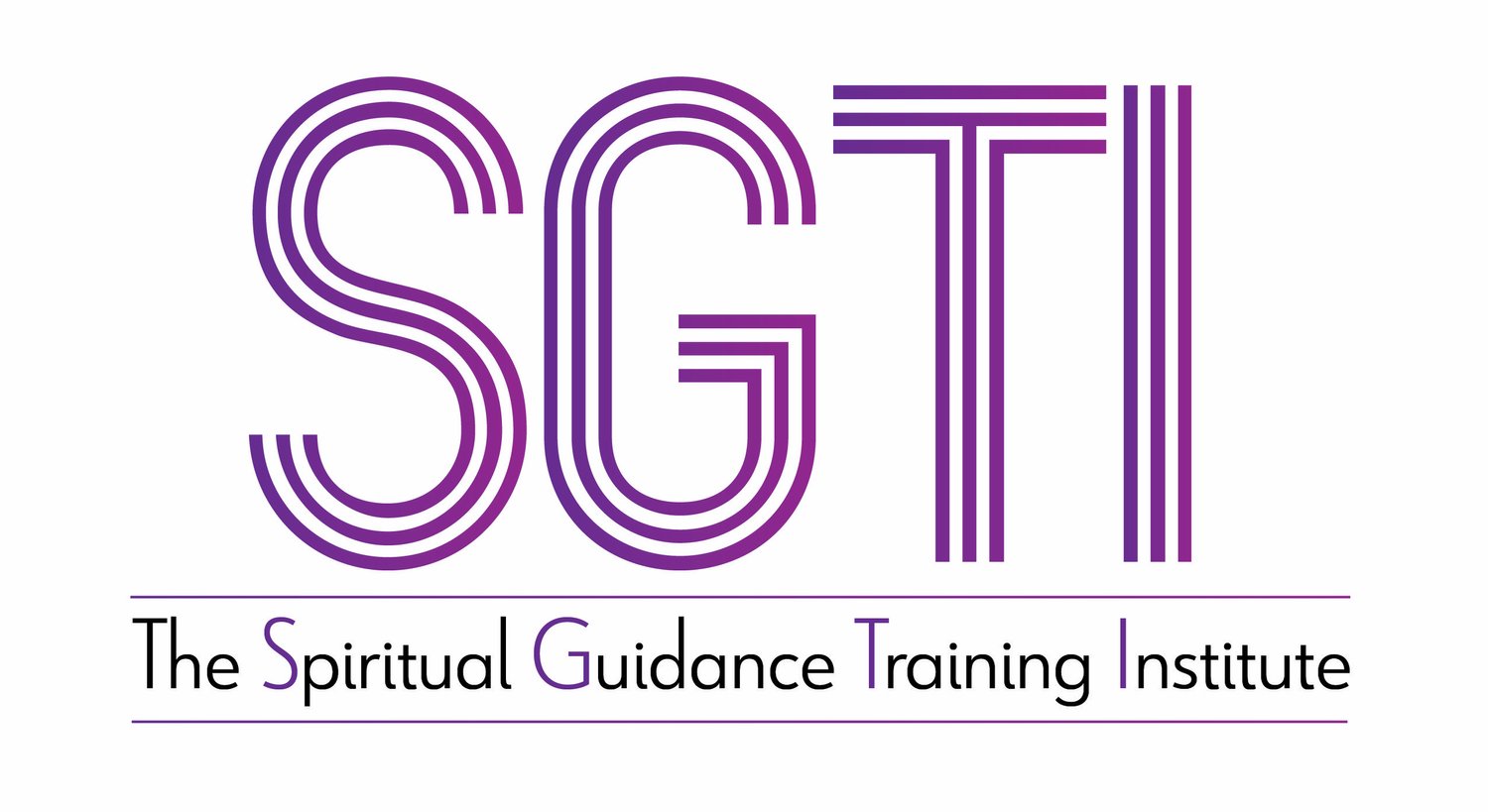Mourning Doves and a Cooper’s Hawk in the City
12/11/2024
For the past few weeks, I’ve been getting to know around 30 mourning doves. These beautiful birds make their way to the roof next door at dusk for about fifteen minutes – some of them drink from the watering holes (i.e. whatever puddles have formed in the depressions on the roof), while others walk towards the edge of roof until it is almost dark. Then, alone or in groups, the doves fly to our neighbor’s gigantic evergreen tree to sleep until early morning when they begin their search for food. I now set my alarm so I don’t miss out on getting to know the doves in what has become a highlight of my day.
One day last week, a cooper’s hawk swooped down from our roof and all the mourning doves scattered in haste. From our porch, we watched the hawk land on the power line and hunt. We witnessed her circle the evergreen tree in two consecutive, fast-paced rounds, and then linger on another nearby roof. I admit I was rooting for the doves, and had to come to terms with the feeding behaviors of all animals.
Experiences like these enhance my connection with the more-than-human world where I live; foster curiosity, wonderment, and awe; and prompt me to commit to environmental justice, especially in urban settings. Erica Spotswood, et al. (2021) write, “Cities in their landscapes contribute more than we think to regional biodiversity.” The authors suggest that there are “positive impacts of cities on regional ecosystems”, which has the potential to inform practices and policies and nurture relationships among all beings.
At the SGTI, we are happy to announce Outdoor Companionship, a new (virtual) training program! If you love the natural world and want to deepen your connection and ecological identity; are interested in accompanying groups and individuals on slow, intentional, gentle experiences in nature; feel curious about building relationships and reciprocity with the more-than-human world; want to commit more deeply to climate/eco justice and healing and being healed by the natural world; live in an urban, suburban, or rural setting and want to elevate your self-care, community care, and creative practices, this program might be for you.
Check out https://www.spiritualguidancetraining.com/outdoor-companionship to learn more or connect with us if you have any questions.
Reference: Erica N Spotswood, Erin E Beller, Robin Grossinger, J Letitia Grenier, Nicole E Heller, Myla F J Aronson, The Biological Deserts Fallacy: Cities in Their Landscapes Contribute More than We Think to Regional Biodiversity, BioScience, Volume 71, Issue 2, February 2021, Pages 148–160, https://doi.org/10.1093/biosci/biaa155


